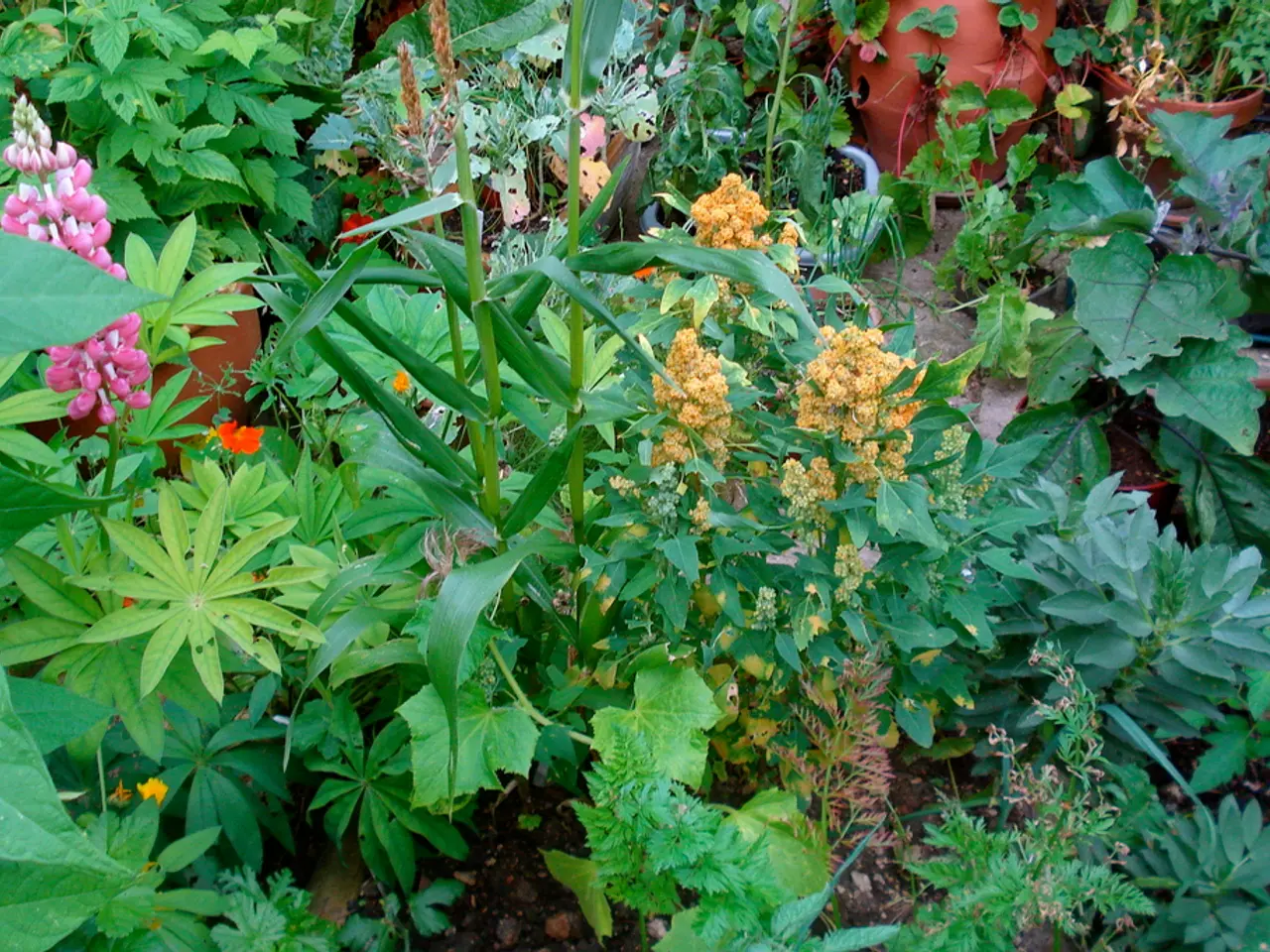Resurrecting a Long-Neglected Fruit: The Ziziphus Jujuba in Kashmir, Holding Great Prospects
**Revival of the Multipurpose Ziziphus Jujuba in Kashmir's Hillside Farms**
In the picturesque landscapes of Kashmir, a once-forgotten fruit tree is making a comeback. The Ziziphus jujuba, a resilient and versatile species, is being hailed as an ideal crop for the region's rainfed, hilly karewa lands and dry slopes, which are often inhospitable for conventional fruit cultivation due to limited water and challenging conditions.
The revival of Ziziphus jujuba is driven by its adaptability to harsh, rainfed hill environments, and its combined value as a food, medicine, and economic resource. This multipurpose tree is not only a boon for the environment but also offers promising opportunities for farmers in marginal lands, aligning with sustainable and climate-resilient agricultural practices.
**Suitability and Cultivation**
Ziziphus jujuba can be propagated from seeds or root suckers. It fruits mainly between September and October, with some varieties bearing relatively large, flavorful fruits of over 4 grams. These large fruits make Ziziphus jujuba well-suited for community nurseries, backyard gardens, orchards, and as field boundary plants.
**Economic and Livelihood Prospects**
Given its minimal input requirements and adaptability, reviving jujube cultivation offers farmers a climate-resilient crop option, potentially boosting income and contributing to sustainable agriculture in otherwise marginal areas.
**Biodiversity Significance**
The species contributes positively to biodiversity by being part of the agro-ecosystem in Kashmir’s hilly tracts, complementing native vegetation and providing habitat value. Although not as large or iconic as the Chinar tree, which dominates local cultural landscapes and biodiversity, Ziziphus jujuba adds to species richness and ecological resilience in these environments.
**Cultural and Medicinal Importance**
Ziziphus jujuba holds deep cultural heritage and medicinal value in Kashmir. Traditionally used in Unani and Ayurvedic medicine for respiratory ailments, skin diseases, insomnia, liver disorders, and jaundice treatment, local practices still include decoctions from the fruit and leaves used for healing. This cultural link, combined with the rise in demand for herbal and functional foods, positions the jujube fruit as a valuable natural remedy and niche product for nutraceutical and herbal tea industries.
In conclusion, Ziziphus jujuba in Kashmir is currently experiencing a revival driven by its adaptability to harsh, rainfed hill environments and its combined value as a food, medicine, and economic resource. This multipurpose tree supports biodiversity conservation, preserves cultural heritage, and offers promising opportunities for farmers in marginal lands, aligning well with sustainable and climate-resilient agricultural practices.
- The resurgence of the Ziziphus jujuba tree in Kashmir's hillside farms is not limited to its food value; it also holds significance in health-and-wellness as a component of Unani and Ayurvedic medicine.
- Ziziphus jujuba's revival can potentially benefit the home-and-garden sector, as it is suitable for community nurseries, backyard gardens, and field boundary plants.
- The travel industry may find an interesting cultural attraction in Kashmir, with the Ziziphus jujuba tree contributing to biodiversity and preserving local traditions associated with its medicinal uses.
- Those interested in education-and-self-development can explore the science behind the Ziziphus jujuba's adaptability to challenging hill environments, making it a climate-resilient crop option for marginal lands.
- Fitness enthusiasts and proponents of nutrition may be intrigued by the potential of Ziziphus jujuba to be used in food-and-drink industries, such as functional foods, nutraceuticals, and herbal teas.






